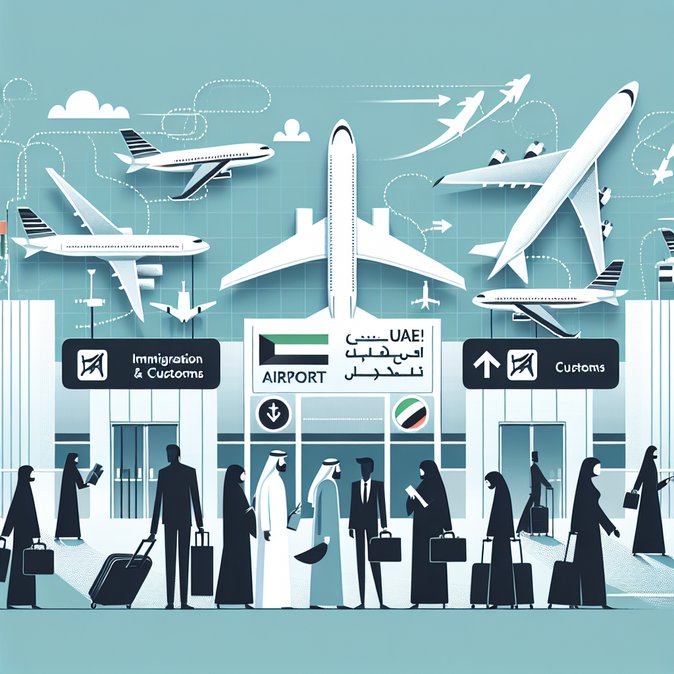
At the 42nd meeting of GCC interior ministers in Kuwait City on 12 November, the Gulf Cooperation Council endorsed a “one-stop” travel clearance model that will allow Gulf nationals to complete immigration, customs and security checks at a single point of entry. The first live trial will begin in December on flights between the United Arab Emirates and Bahrain, after which the scheme will be evaluated for rollout across all six GCC states.
Under the pilot, travellers departing Abu Dhabi, Dubai or Manama will complete exit formalities as usual, but on arrival will pass through a dedicated channel where inbound checks by both states’ authorities are conducted simultaneously. Officials say the process could cut total processing time by up to 40 per cent and is meant to mirror the Schengen experience in Europe, strengthening regional economic integration.
![GCC approves ‘one-stop’ travel system; UAE-Bahrain pilot to start in December]()
For UAE-based companies the change means faster turnarounds for staff shuttling between the Emirates and Bahrain, reducing duty-time lost to airport queues. Relocation advisers expect the model eventually to feed into the long-planned “Unified GCC Tourist Visa”, giving multinationals a larger talent pool that can circulate more freely inside the bloc. Logistics providers also anticipate leaner air-cargo procedures once customs collaboration is folded into the corridor.
Practical details remain limited: authorities are still finalising a shared electronic platform to record offences and travel-history data, and to agree common privacy standards. Nonetheless, airlines have been asked to prepare dedicated boarding-pass designators and signage in time for the December launch. If the test proves successful, the GCC Secretariat hopes to extend the concept to land borders and seaports by late 2026.
Travel managers should brief Gulf-based employees that, for now, the scheme applies only to citizens of GCC member states; expatriate residents will continue to follow existing entry-exit channels. However, officials hinted that a second phase could cover residents once technical integration is stable. Businesses with frequent UAE-Bahrain traffic should monitor further circulars and ensure staff carry passports rather than ID cards until documentary requirements are clarified.
Under the pilot, travellers departing Abu Dhabi, Dubai or Manama will complete exit formalities as usual, but on arrival will pass through a dedicated channel where inbound checks by both states’ authorities are conducted simultaneously. Officials say the process could cut total processing time by up to 40 per cent and is meant to mirror the Schengen experience in Europe, strengthening regional economic integration.

For UAE-based companies the change means faster turnarounds for staff shuttling between the Emirates and Bahrain, reducing duty-time lost to airport queues. Relocation advisers expect the model eventually to feed into the long-planned “Unified GCC Tourist Visa”, giving multinationals a larger talent pool that can circulate more freely inside the bloc. Logistics providers also anticipate leaner air-cargo procedures once customs collaboration is folded into the corridor.
Practical details remain limited: authorities are still finalising a shared electronic platform to record offences and travel-history data, and to agree common privacy standards. Nonetheless, airlines have been asked to prepare dedicated boarding-pass designators and signage in time for the December launch. If the test proves successful, the GCC Secretariat hopes to extend the concept to land borders and seaports by late 2026.
Travel managers should brief Gulf-based employees that, for now, the scheme applies only to citizens of GCC member states; expatriate residents will continue to follow existing entry-exit channels. However, officials hinted that a second phase could cover residents once technical integration is stable. Businesses with frequent UAE-Bahrain traffic should monitor further circulars and ensure staff carry passports rather than ID cards until documentary requirements are clarified.









